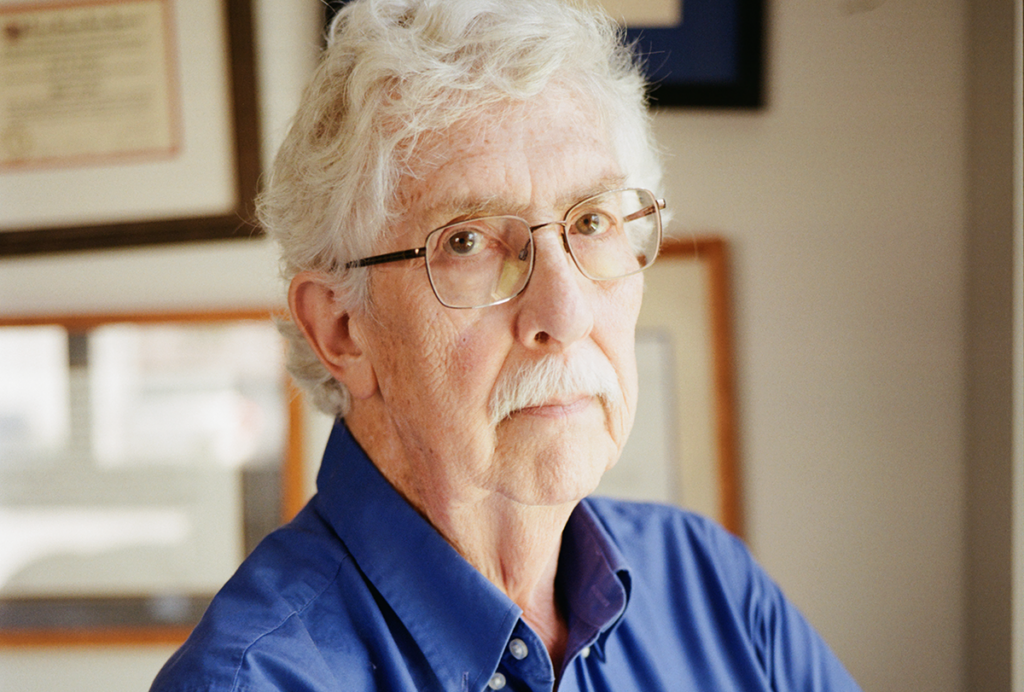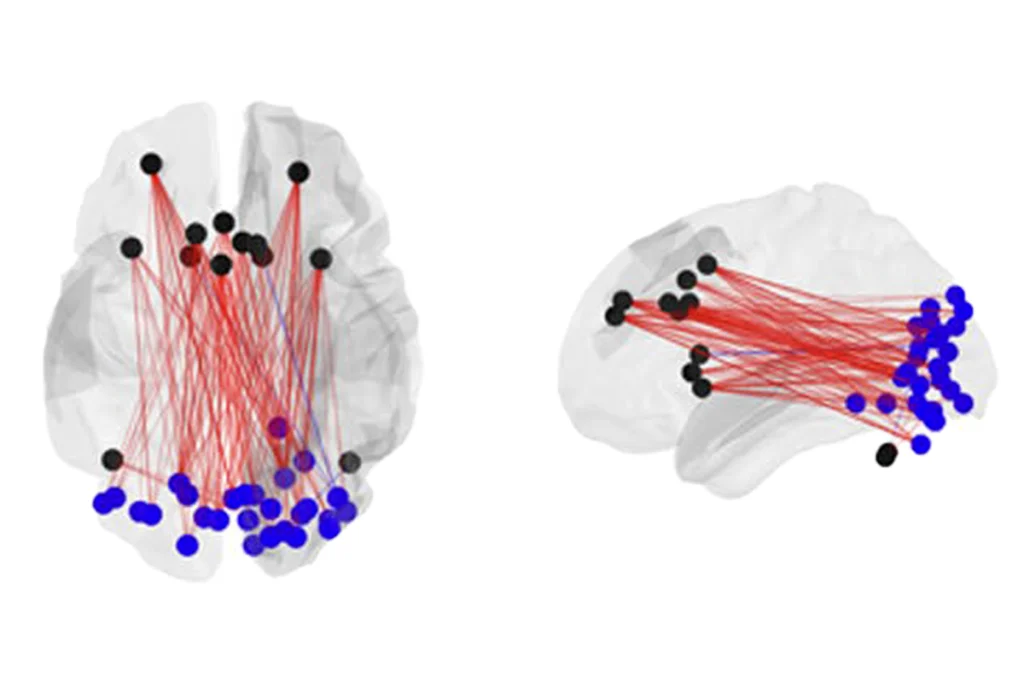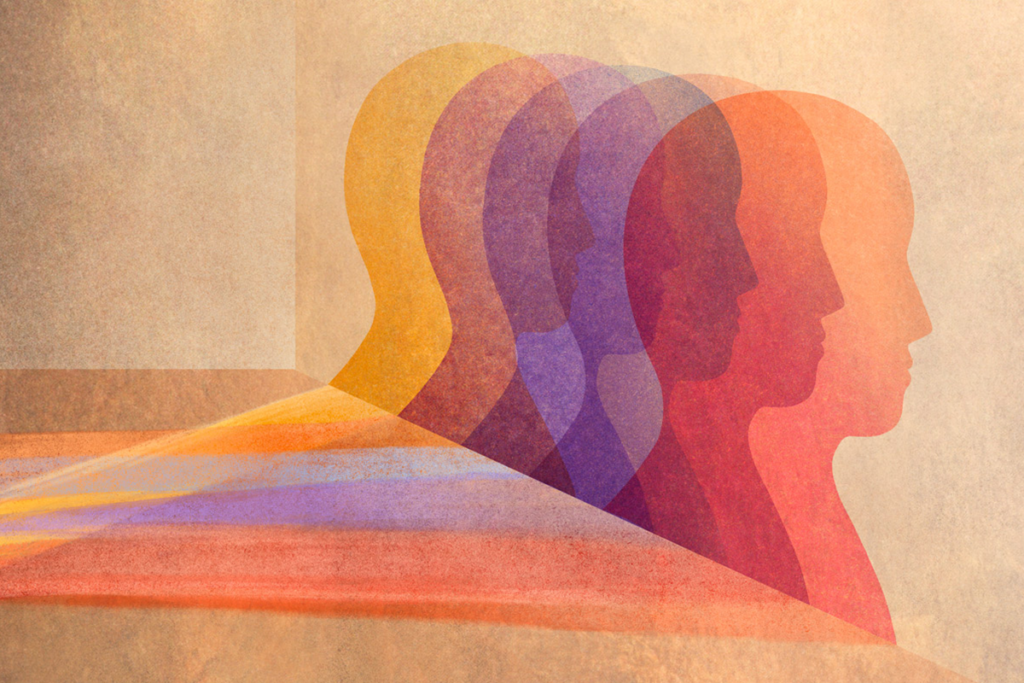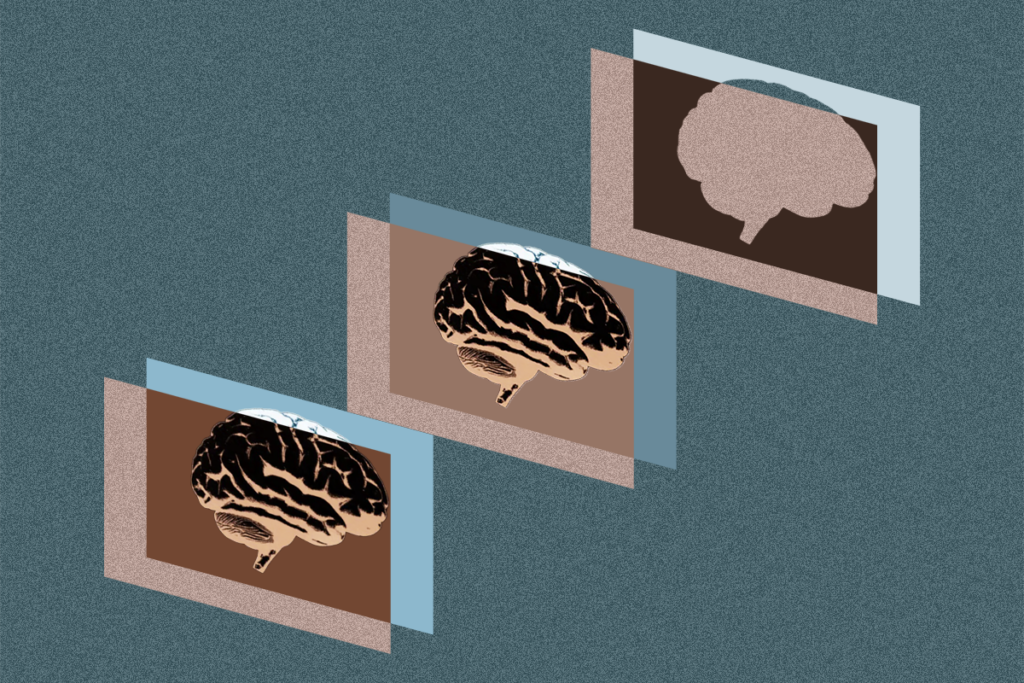Baby sibs surprises
Studies of the younger siblings of kids with autism are uprooting several standard assumptions about the course of the disorder.
One of the fastest-growing subfields of autism research is the rigorous characterization of ‘baby sibs’, the younger siblings of kids with autism.
Because autism runs in families, a good number of these brothers and sisters will eventually be diagnosed with it, too. So, the idea is that studying the sibs during infancy and early development will help researchers learn more about the elusive early signs of disorder.
So far, though, this work is showing that the earliest signs of autism may not emerge as early as once thought. In fact, baby sibs studies are uprooting several of the tightly held beliefs about the nature of autism, including the hypothesis that it stems from a fundamentally social deficit.
These “surprises, contradictions and discrepancies” took center stage in the latest review of baby sibs research, published earlier this month by Sally Rogers of the UC Davis M.I.N.D. Institute.
For example, very few baby sibs studies have reported cases of ‘regressive autism’, in which toddlers develop normally for the first two years of life and then suddenly lose verbal and social skills. This suggests that older studies estimating that upwards of 30 percent of autism cases as regressive were wrong — perhaps because of inaccurate parental recollections.
Most shocking is that researchers have not yet identified any behaviors that can reliably predict which 6-month-olds will later develop autism and which will not. Scientists had largely assumed that they’d find such telltale signs because babies at this age express a wide range of social behaviors.
Baby sibs who go on to develop autism tend to develop motor delays, repetitive behaviors, sensory sensitivity and abnormal social behaviors around 12 to 14 months, but not earlier.
All of which raises the question, Rogers says, of whether autism is truly a social problem. More practically, it probably means that useful diagnostic markers of autism will come not from behavior, but biology.
Recommended reading

How pragmatism and passion drive Fred Volkmar—even after retirement

Altered translation in SYNGAP1-deficient mice; and more

CDC autism prevalence numbers warrant attention—but not in the way RFK Jr. proposes
Explore more from The Transmitter
